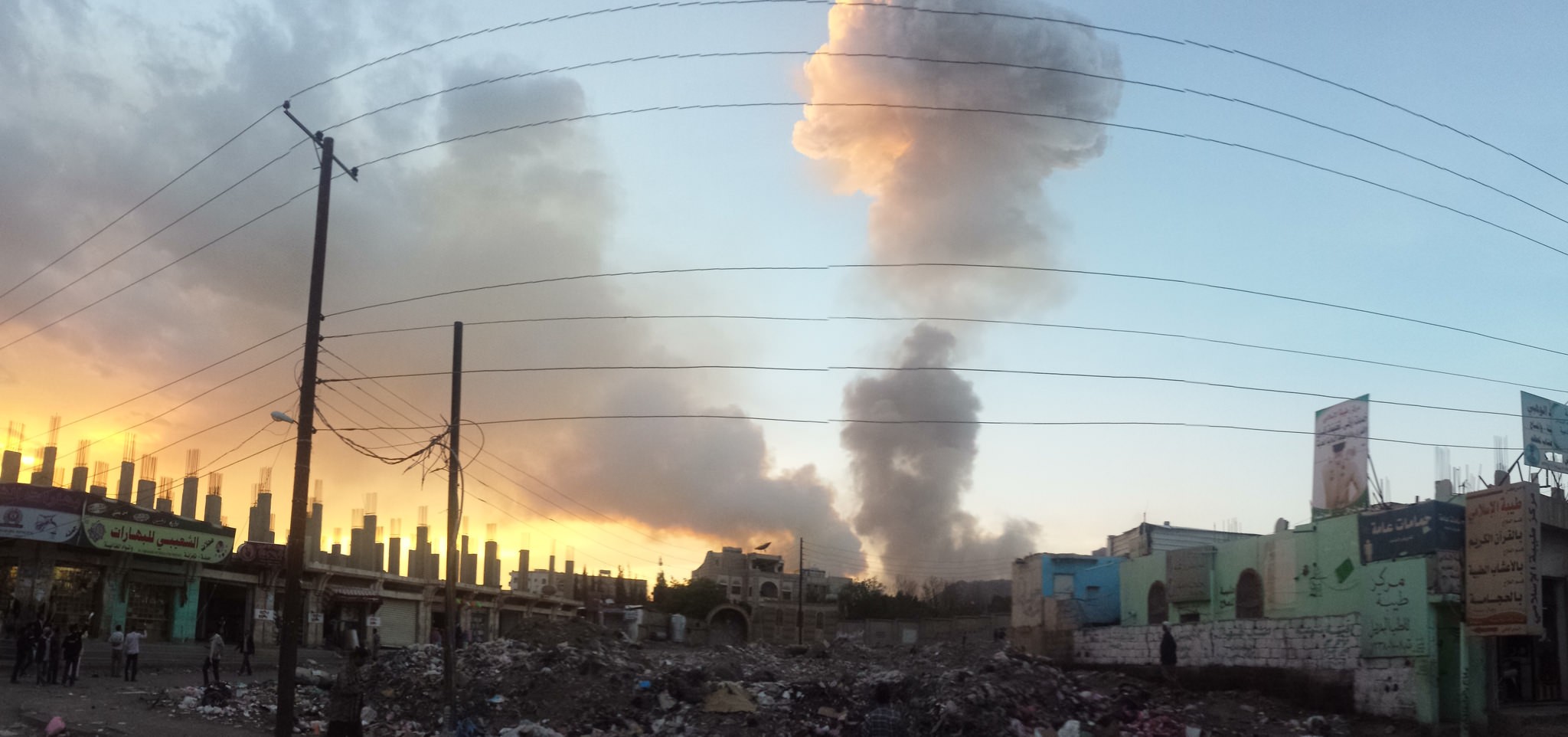Despite the Houthi movement Ansar Allah’s endeavors to seize control of the oil and gas fields in Marib in 2021, leading to intense conflict and mass displacement, positive developments occurred during the review period. In April 2022, President Hadi transferred power to a presidential council, and a nationwide ceasefire was established, extending until October 2022.
Despite Ansar Allah’s implementation of reforms demanded by International Financial Institutions – such as abolishing subsidies, broadening the tax base and stabilizing the currency – Yemen continues to face economic challenges. The country still grapples with negative GDP growth, high inflation rates and widespread poverty. The need for humanitarian assistance remains critical, affecting 24.3 million people in Yemen.
Governance in Yemen mainly relies on commitments among individuals and agreements between social and political actors rather than state institutions. Despite claiming the moral high ground in Yemen and internationally, Ansar Allah’s leadership increasingly faces allegations of extortion, kidnapping and sexual violence perpetrated by its leaders and supporters.

